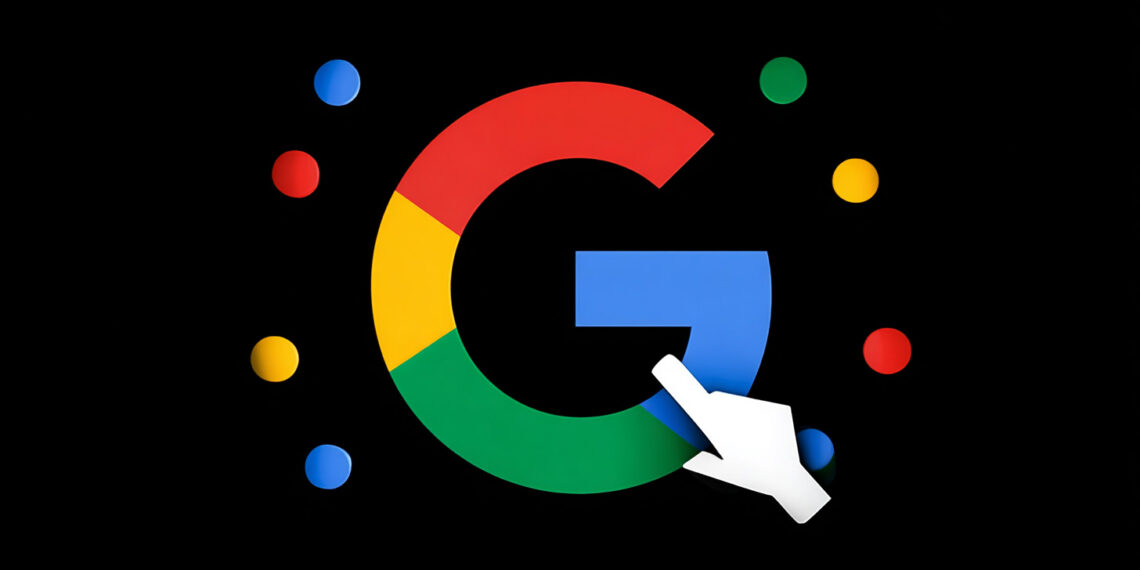Select Language:
Google’s Liz Reid responded to third-party studies with a post on Digital Phablet, stating that overall organic click volume from Google Search to websites has remained relatively steady year-over-year. However, she did not provide specific data, graphs, or Search Console insights, simply affirming that the number of clicks is “relatively stable.”
Considering the launch of AI Overviews in the US over a year ago, questions arise about how this year compares to previous years, like two or three years back. While Google emphasizes the growth of AI features—used by over 2 billion monthly users and the recent introduction of AI Mode—the claim that third-party studies are flawed due to their chosen timeframes also applies to Google’s own statements. It’s a complex issue, especially since the expansion of AI tools may influence traffic patterns and user behavior over different periods.
Google also mentions that “average click quality has increased,” with Liz Reid noting that they’re sending slightly more quality clicks to sites now than a year ago. These are clicks where users don’t quickly return to the search results, indicating genuine interest. The company continues to send billions of clicks daily and believes the search engine’s value to the web ecosystem remains strong.
Despite these claims, clearer data would be preferred, ideally similar in granularity to ad performance metrics with and without AI Overviews. The company dismisses third-party reports suggesting dramatic declines in traffic, attributing such findings to flawed methodologies, isolated cases, or traffic shifts predating AI feature launches. Top executives like Sundar Pichai have publicly asserted that web publishing is thriving, supporting a robust ecosystem.
Regarding Search Console, Google initially explained that data was unavailable because AI Overviews and AI Mode were part of Search Labs—a beta feature. But since that period, these data are now integrated as normal web data and lack filters to isolate or analyze specific AI-related traffic. The absence of filtering options, despite reports of a decoupling trend in search data, leaves webmasters and SEO experts scratching their heads.
There’s also an ongoing change in user search behavior; searchers are asking more complex, often longer questions. AI Overviews display more links on search results pages, creating more opportunities for websites to be clicked. For quick-answer queries such as “when is the next full moon,” users may accept the AI’s initial response without further clicks. Conversely, many users still want to explore further, dive deeper, or make purchases, contributing to an increase in the quality of resulting clicks—even if total site traffic appears unchanged.
People are increasingly turning to sites offering authentic voices, detailed reviews, first-hand perspectives, and in-depth content. This shift benefits websites that produce such content, contributing to traffic redistributions across the web. Ultimately, Google affirms that billions of clicks are still being directed to websites daily, maintaining a healthy exchange between search and the web ecosystem. The company sees AI as an exciting development that will expand how questions are asked and answered, benefiting creators, businesses, and users alike.
In summaries from global leadership, like Debbie Kostin, the overall traffic remains stable, with higher-quality clicks and more links on search pages thanks to AI features. User preferences are trending toward authentic, original content that meets their evolving needs.
Social commentary highlights skepticism about these claims, often labeling them as gaslighting or questioning the decreases in traffic that are observed versus what is publicly stated. Many industry voices suggest that traffic might be shifting toward sites rich in forums, videos, podcasts, and user-generated content where personal voices and detailed analysis are more prominent, indicating a broader change in how people engage with web content.
Finally, discussions at platforms like X and professional networks reflect ongoing debate about the actual impact of AI in Search, with skepticism and differing interpretations of Google’s announcements and available data.






